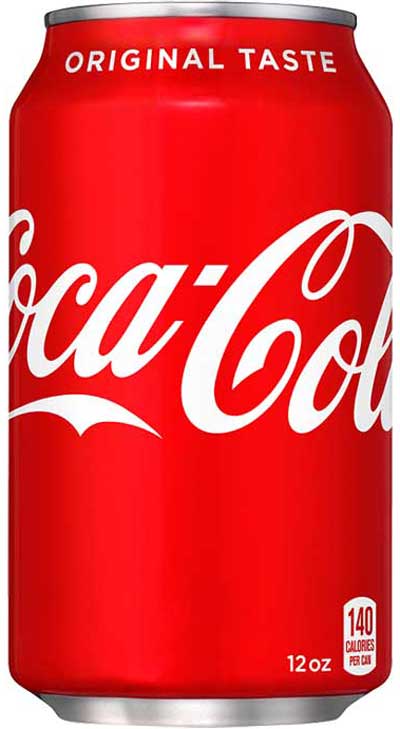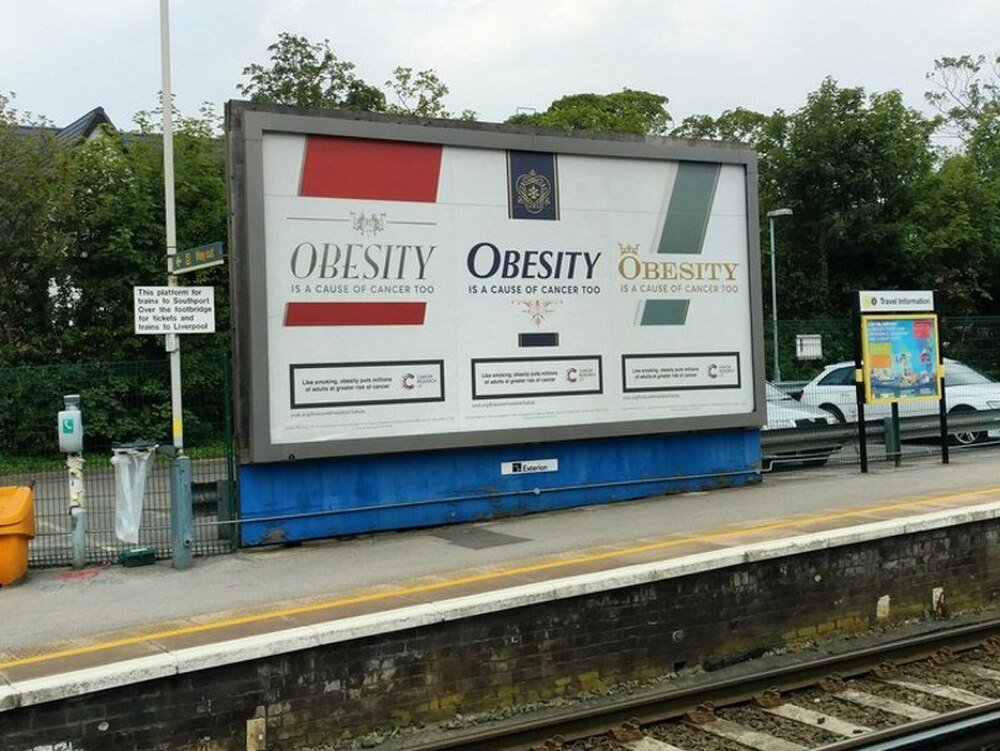When this blockbuster study about sugary drinks and cancer hit the airwaves, my first thought was perhaps it is just as unreliable as the 18% colorectal cancer study, because both studies cited 18% relative risk which now automatically causes an inflammation reaction in my brain <mind blown emoji>. Instead of relying on media reports, I had to read the study for myself, which reported an 18% increase in (relative) risk for all cancers with sugar drinks and a 12% increase for fruit juice.
The bad news is that the study is observational and relied on food questionnaires (which means it could be just as bad or just as good as the red meat-cancer studies). I wouldn’t know how you would actually run a study on the general population any other way but I’ve seen low-carbers question unfavorable studies this way so fair is fair.
The good news is that the study is part of a large-scale national effort by French health authorities to collect dietary data and they were able to do this in a smart way - they sent out 3 24-hour dietary questionnaires every 6 months, randomly, to all the participants, designed to capture what people were eating at any particular point in time and since they only asked participants to recall what they immediately ate and controlled for seasons and weekends, the accuracy and therefore reliability was much higher.
In fact, the study was impressive for what they did control for: alcohol intake, sugar intake from non-drink sources, BMI, physical activity, smoking status, family history of cancer, chronic diseases, among many others. A total of 101,000 people were included of which 2,193 cases of cancer was diagnosed during the mean follow-up time of 5.1 years. A broad range of sugary drinks were included, such as soft drinks, syrups, 100% juice, fruit drinks, sugar-sweetened hot beverages, milk-based sugar sweetened beverages, sports drinks, and energy drinks equating to 10.7 g of sugar per 100mL.
Cancer Research UK’s public ad campaign.
Some takeaways from my reading: The study controlled for BMI which meant that you were more likely to get cancer when you drank more sugar regardless of how fat you are. Notably, the study suggests that fruit juice could possibly be worse than artificially sweetened beverages because of the predominance of simple sugars in fruit juice (and the proportion of fructose in my opinion). And with the possible exception of soda, virtually all of the sugary drinks on the list (think Gatorade and chocolate milk) have, and continue to be, marketed toward consumers as being healthy when they are anything but.
Perhaps the most concerning is the modest amounts of liquid sugar involved: 100 mL or only about 11 g of sugar per day. A can of Coke is easily 3 times that (350mL and 39g) which means many people could easily be doubling their cancer risk should the results be extrapolate-able linearly.
One final note about why to take this (semi) seriously (with some fine grains of salt): Compared to many red-meat studies that are really umbrella studies in nature (which means they looked at many studies and analyzed the results together), this was a large scale study conducted in one database collected using the exact same techniques. In the red meat studies, a frequent complaint was that umbrella studies are not able to control for many variables simply because the data was all collected separately. There’s also the argument that since nutritional advice about the dangers of red meat had been ubiquitous for a generation, people who admit to eating red meat may not care about their health in other aspects, as in they were likely to eat more junk food and eat their meat in the form of junk food and it wasn’t clear that previous studies controlled for that.

